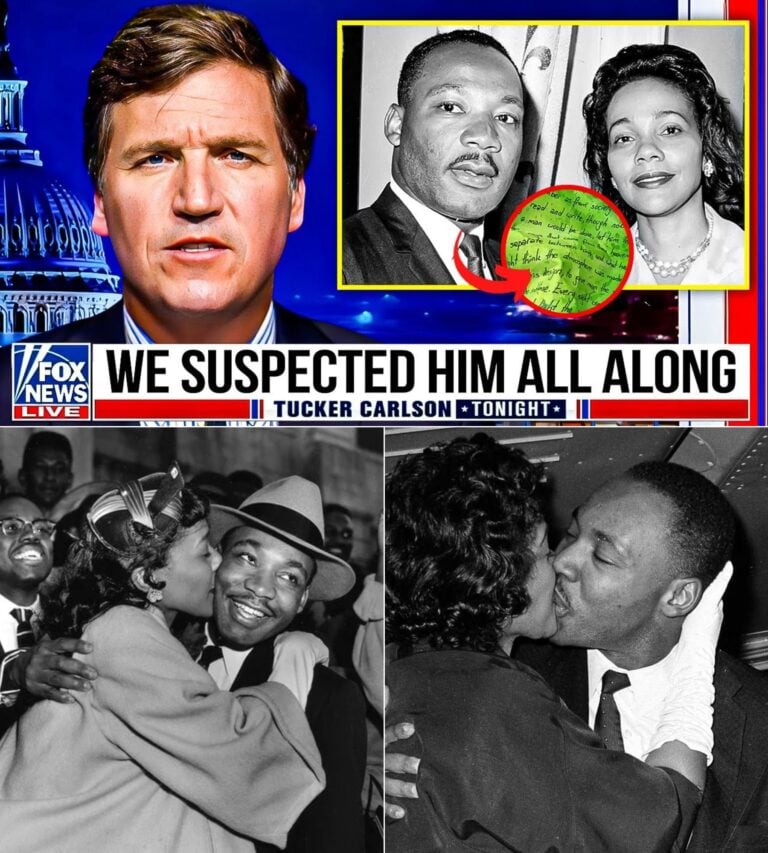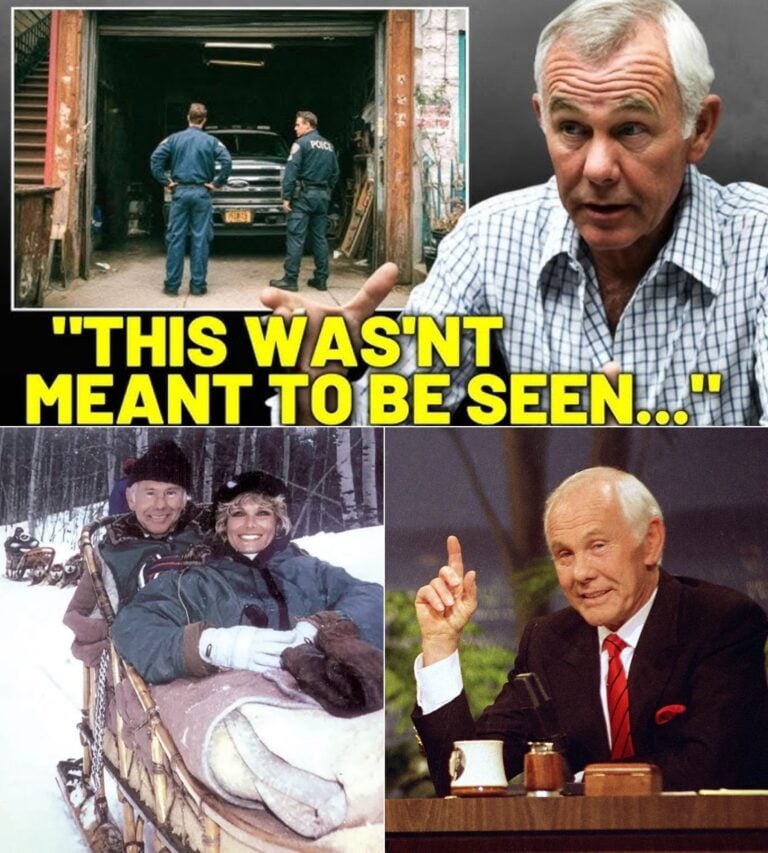In a stunning revelation that has redefined the image of Hollywood’s most beloved “nice guy,” Ron Howard has finally pulled back the curtain on the painful, complex, and often lonely journey that shaped his extraordinary career. Long celebrated as the wholesome face of American entertainment—from his days as little Opie Taylor on The Andy Griffith Show to his status as an Oscar-winning director—Howard’s candid reflections expose the emotional scars and hard-won resilience that few ever saw behind the polished smile.

At 70, the filmmaker behind A Beautiful Mind, Apollo 13, and The Da Vinci Code is confronting the myth of effortless success. “People think I’ve had this charmed life,” he admitted in a rare and unflinching interview. “But growing up in front of millions was harder than anyone can imagine. I wasn’t just acting—I was surviving.”
From the outside, his childhood seemed idyllic. But inside the world of 1960s Hollywood, Howard was thrust into adulthood before he’d even finished grade school. Constantly under pressure to perform, he quickly realized that his identity wasn’t his own—it was a brand, a commodity. “I remember standing on set, smiling for cameras, while inside I just wanted to go home,” he recalled. “I didn’t want to be Opie. I wanted to be Ron.”
The transition from child actor to filmmaker was brutal. Industry insiders scoffed at the idea that the red-headed boy from Mayberry could ever sit in a director’s chair. During American Graffiti, his first major adult role, Howard endured relentless teasing and condescension from older castmates who refused to take him seriously. “They called me ‘kid,’ they laughed at me,” he revealed. “I’d go back to my room at night humiliated—but it lit a fire in me. I knew I had to prove them wrong.”

That drive led to one of the most shocking career moves in television history: his decision to walk away from Happy Days at the height of its success. The wholesome character of Richie Cunningham had made him a household name once again—but at a cost. “It was like living in a cage made of laughter,” he said. “I was grateful, but I was suffocating.”
Howard’s first steps as a director were fraught with doubt and disaster. His debut film, Grand Theft Auto (1977), nearly ended his career after an on-set accident left a crew member injured. Critics dismissed him as a novelty—a child star playing at being a filmmaker. But instead of retreating, Howard used the experience as fuel, building the steady, precise directing style that would define his later triumphs.
Then came the storm that tested not only his artistry but his faith: The Da Vinci Code. The 2006 thriller ignited worldwide outrage, drawing condemnation from religious groups and even statements from the Vatican. “I never set out to offend anyone,” Howard said. “But storytelling means asking questions—even when those questions make people uncomfortable.” The backlash was fierce, but Howard’s calm defiance only strengthened his reputation as a director unafraid to tackle controversy head-on.

Even in recent years, Howard has found himself pulled into Hollywood’s cultural crossfire. When critics targeted his daughter, Bryce Dallas Howard, during the height of the “nepo baby” debate, accusing her of riding her father’s fame, Ron was quick to respond. “Yes, she grew up around the industry,” he said, “but she earned her place. Opportunities open doors, but they don’t keep them open—you have to do that yourself.” His defense wasn’t angry; it was deeply personal—a father speaking from decades of understanding what it takes to survive in a business that eats its young.
Now, as Ron Howard looks back on a lifetime of creation, pain, and perseverance, he does so with humility and hard-earned peace. “I’ve had success,” he said, “but the real achievement was holding on to kindness. In this business, that’s the hardest thing of all.”
Through fame and failure, ridicule and redemption, Ron Howard remains what Hollywood rarely produces anymore: a man of integrity who built greatness without losing his humanity. His story is not just a confession—it’s a quiet revolution against the illusion of perfection that defines Tinseltown.
And perhaps, in finally sharing the truth, Ron Howard has done what he’s always done best: told a story that reminds us what it means to be human.
https://youtu.be/dkR_Kz27Ois





